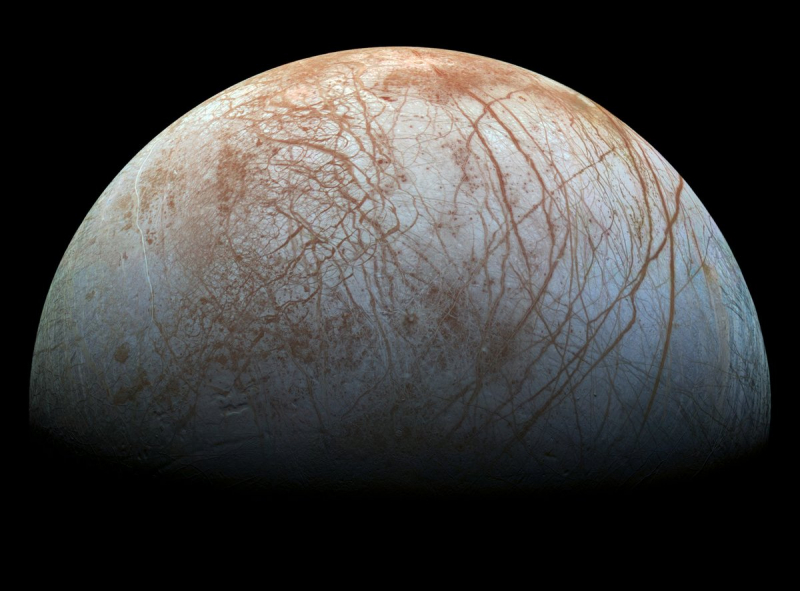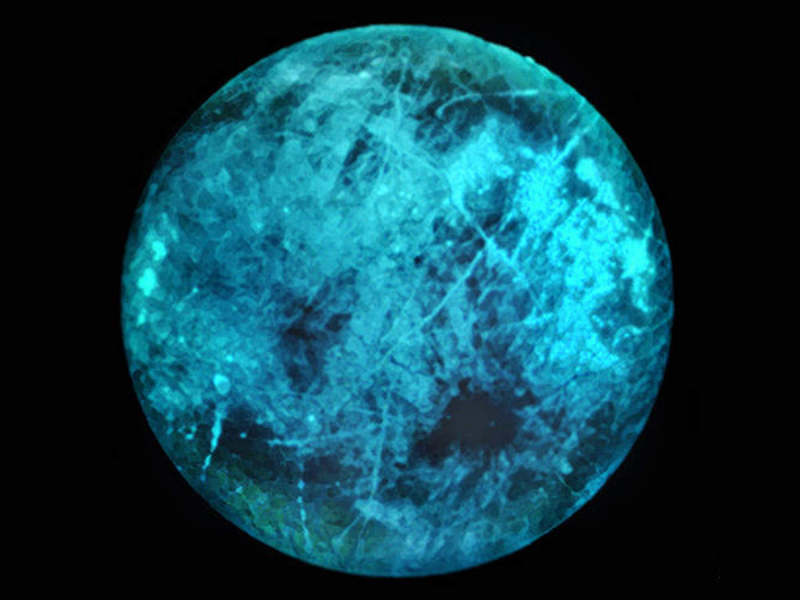One Of The Moons Of Jupiter May Actually Be Capable Of Harboring Life
One of the largest moons in the solar system, Europa, has a deep liquid ocean that is covered in thick ice, according to the Voyager and Galileo missions that carried spacecraft to Jupiter and its moons. Since Europa satisfies three crucial requirements, biochemically useful compounds, a source of energy, and a liquid solvent (water) in which dissolved components can chemically react with one another, scientists now believe that Europa may actually be able to harbor life, this is one of the interesting facts about Jupiter.
Despite the lack of evidence for life on the planet so far, Europa has become one of the Solar System's most likely candidates for possible habitability. Its under-ice ocean may contain life; it may even resemble Earth's deep-ocean hydrothermal vents. A 2016 NASA study indicated that mechanisms associated to serpentinization and ice-derived oxidants, which do not directly require volcanism, might produce levels of hydrogen and oxygen on Europa that are comparable to those on Earth, even if the planet lacks volcanic hydrothermal activity.
Scientists reported in 2015 that some geological structures on Europa may be coated in salt from a deep ocean, indicating that the ocean is interacting with the seabed. This could be crucial in figuring out whether Europa could support life. There have been calls to send a probe to Europa due to the potential presence of liquid water in contact with the rocky mantle of the planet.












